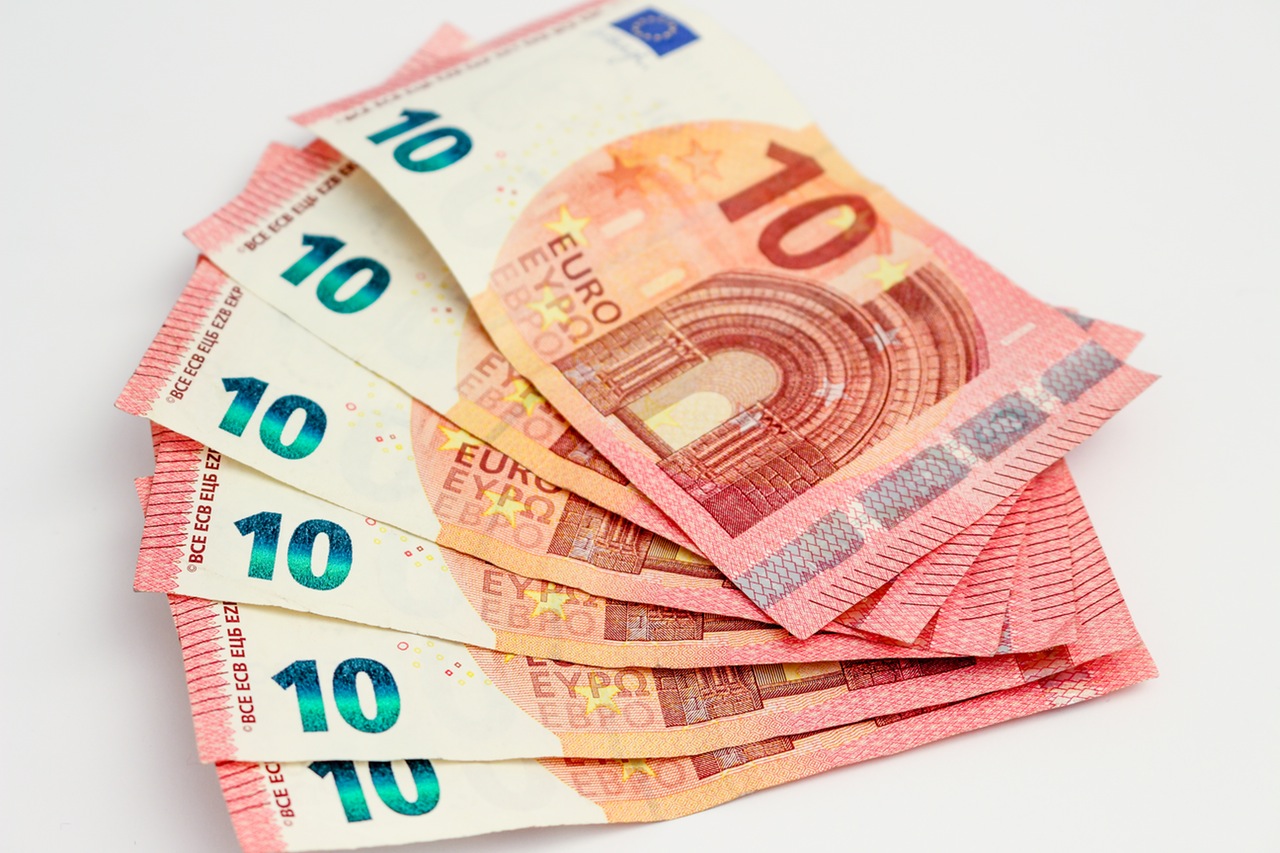- Currency traders abandon short euro positions ahead of European Central Bank meeting on Thursday
- What could stand in the way of an extended rally for FXE is the European Central Bank possibly adding to its quantitative easing efforts
- The good news for euro bears is that recent U.S. economic data, including the February jobs report, supports the Fed’s case for higher interest rates
The CurrencyShares Euro Currency Trust (NYSEArca: FXE) is up 1.2% over the past week and professional currency traders are abandoning short euro positions ahead of the European Central Bank (ECB) meeting, signs that markets could be expecting more disappointment from the ECB.
Coming into this year, some market observers predicted the euro would not weaken against the U.S. dollar as much as was seen in the previous two years. The U.S. dollar has previously been strengthening on the prospect of a tighter monetary policy, which would help remove some of the excess liquidity sloshing around in the economy.
“The euro broke above $1.10 on Monday as traders trimmed bets against the shared currency, hoping to avoid the type of brutal short squeeze that followed the European Central Bank’s December meeting when it meets again later this week,” reports Joseph Adinolfi for MarketWatch.
The ECB meets Thursday. What could stand in the way of an extended rally for FXE is the European Central Bank possibly adding to its quantitative easing efforts. The ECB disappointed markets in December by announcing smaller-than-expected additions to its QE program, prompting speculation that the central bank could make a more dramatic announcement sometime this year.
“Amundi SA and Axa Investment Managers say the dollar’s strength will constrain the Federal Reserve’s ability to boost borrowing costs aggressively next year, after it raised rates this week for the first time in almost a decade. Strategists surveyed by Bloomberg forecast gains in the U.S. currency will slow to 3.4 percent against the euro in 2016,” according to Bloomberg.
